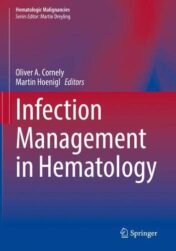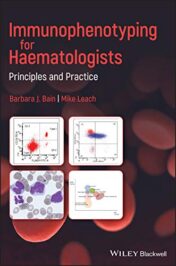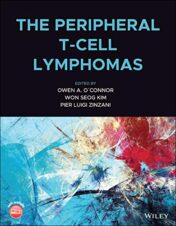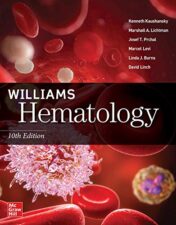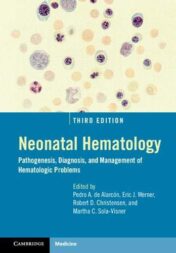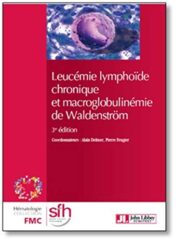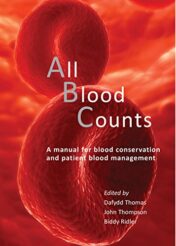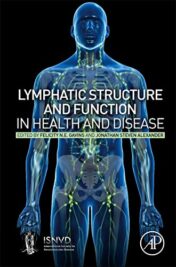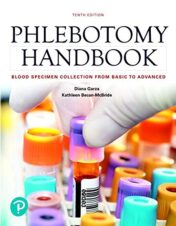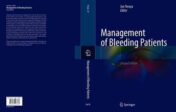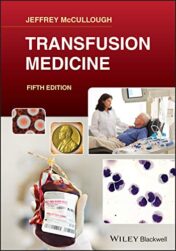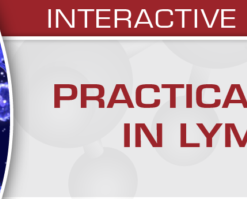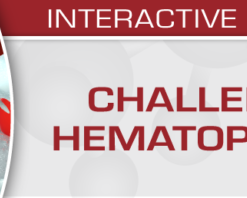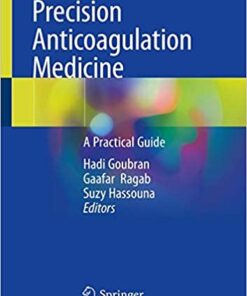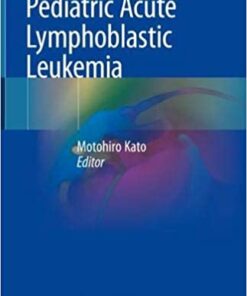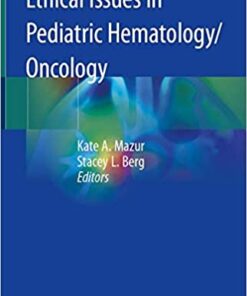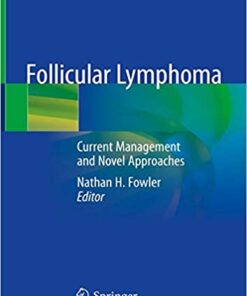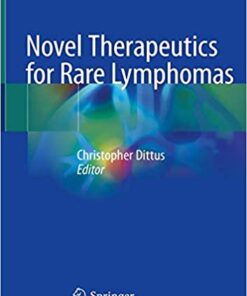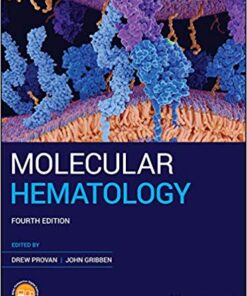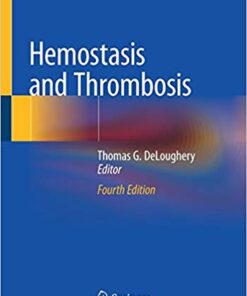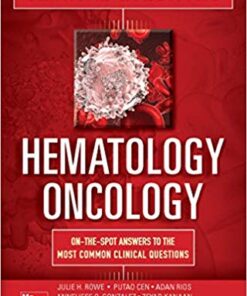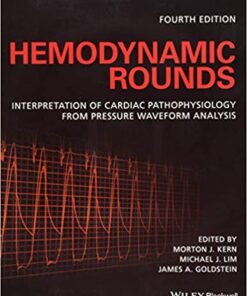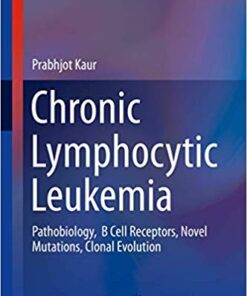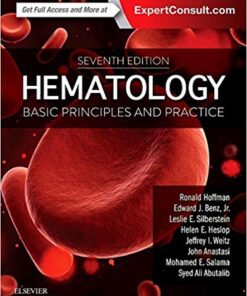HEMATOLOGY Books
HEMATOLOGY Books
HEMATOLOGY Books
HEMATOLOGY Books
HEMATOLOGY Books
HEMATOLOGY Books
Nutritional Management and Metabolic Aspects of Hyperhomocysteinemia (Original PDF)
HEMATOLOGY Books
HEMATOLOGY Books
HEMATOLOGY Books
HEMATOLOGY Books
Pediatric Acute Lymphoblastic Leukemia 1st ed. 2020 Edition PDF
HEMATOLOGY Books
Novel Therapeutics for Rare Lymphomas 1st ed. 2020 Edition PDF
HEMATOLOGY Books
HEMATOLOGY Books
HEMATOLOGY Books
HEMATOLOGY Books
Introduction
Are you looking to enhance your knowledge of hematology? Look no further! Here, we have compiled a list of the best hematology books available. Whether you are a medical student, a doctor, or just someone interested in learning more about hematology, these books will provide you with the information and resources you need to become an expert in the field. From textbooks to reference guides, our selection of hematology books covers a wide range of topics, including blood cell biology, clinical hematology, and laboratory techniques. With these books, you can gain a better understanding of hematology and its importance in medicine. So, start exploring our selection today and discover the best hematology books to enhance your knowledge!
Overview of Hematology: A Comprehensive Guide to the Study of Blood Cells and Disorders
Diagnostic Testing in Hematology: An Introduction to Common Tests and Procedures
Advances in Hematology Research: Exploring New Treatments and Therapies
Hematology research has made tremendous advances in recent years, leading to the development of new treatments and therapies for a variety of blood-related diseases. Hematology is the study of blood and its components, including red and white blood cells, platelets, and plasma. It is an important field of medicine that focuses on diagnosing and treating disorders related to the production, function, and structure of these components.
Advances in hematology research have led to the development of new treatments and therapies for a variety of blood-related diseases. These include treatments for anemia, leukemia, lymphoma, sickle cell disease, thrombocytopenia, and other blood disorders. For example, researchers have developed new drugs and therapies to treat anemia, which is a condition characterized by low levels of red blood cells. These treatments can help improve the quality of life for those affected by this condition.
In addition, researchers have also developed new treatments and therapies for leukemia, which is a type of cancer that affects the production of white blood cells. These treatments can help reduce the risk of relapse and improve the prognosis for those affected by this disease. Similarly, new treatments and therapies have been developed for lymphoma, which is a type of cancer that affects the lymphatic system. These treatments can help reduce the risk of recurrence and improve the prognosis for those affected by this disease.
Advances in hematology research have also led to the development of new treatments and therapies for sickle cell disease, which is a genetic disorder that affects the shape of red blood cells. These treatments can help reduce the risk of complications and improve the quality of life for those affected by this condition. Finally, researchers have developed new treatments and therapies for thrombocytopenia, which is a condition characterized by low levels of platelets. These treatments can help reduce the risk of bleeding and improve the prognosis for those affected by this condition.
Overall, advances in hematology research have led to the development of new treatments and therapies for a variety of blood-related diseases. These treatments can help improve the quality of life for those affected by these conditions and reduce the risk of complications. As such, hematology research continues to be an important field of medicine that is making significant contributions to the health and well-being of individuals around the world.
Hematology Basics: Understanding the Structure and Function of Blood Cells
Hematology is the study of blood and its components. It is a branch of medicine that focuses on the diagnosis, treatment, and prevention of diseases related to the blood. Hematology involves the study of the structure and function of red and white blood cells, platelets, and other components of the blood.
Red blood cells (RBCs) are the most abundant type of cell in the blood. They are responsible for carrying oxygen from the lungs to the rest of the body. RBCs are biconcave discs with a central nucleus. They contain hemoglobin, an iron-containing protein that binds to oxygen molecules and transports them throughout the body.
White blood cells (WBCs) are the second most abundant type of cell in the blood. They are part of the immune system and help fight off infections. WBCs come in several different types, including neutrophils, eosinophils, basophils, lymphocytes, and monocytes. Each type has a specific role in fighting infection.
Platelets are small fragments of cells that play an important role in clotting. When a blood vessel is damaged, platelets stick together to form a plug that helps stop the bleeding. Platelets also release chemicals that help attract other cells to the site of injury and promote healing.
The plasma is the liquid portion of the blood. It contains proteins, electrolytes, hormones, and other substances that help maintain the body’s balance. Plasma also carries nutrients, waste products, and antibodies throughout the body.
Hematology is a complex field of medicine that requires a thorough understanding of the structure and function of blood cells. By studying the components of the blood, hematologists can diagnose and treat a variety of conditions related to the blood. This knowledge can help improve the quality of life for many people.
Clinical Hematology: Principles and Practice for Healthcare Professionals
Clinical Hematology: Principles and Practice for Healthcare Professionals is an essential resource for healthcare professionals who need to understand the principles of hematology and how to apply them in practice. This comprehensive guide provides a thorough overview of the field, from basic concepts to advanced topics. It covers the fundamentals of hematology, including red blood cell production, white blood cell production, platelet production, and hemostasis. It also explores the diagnosis and management of common hematologic disorders, such as anemia, thrombocytopenia, and leukemias.
The book is divided into four sections. The first section provides an introduction to hematology, including its history, terminology, and laboratory techniques. The second section focuses on the physiology of hematopoiesis, including the structure and function of red blood cells, white blood cells, and platelets. The third section covers the diagnosis and management of hematologic disorders, including anemias, thrombocytopenias, leukemias, and other conditions. The fourth section discusses the principles of transfusion medicine, including donor selection, compatibility testing, and transfusion reactions.
Clinical Hematology: Principles and Practice for Healthcare Professionals is an invaluable resource for healthcare professionals who need to understand the principles of hematology and how to apply them in practice. It provides a comprehensive overview of the field, from basic concepts to advanced topics. It is an essential reference for physicians, nurses, medical technologists, and other healthcare professionals who work with patients with hematologic disorders.
Conclusion
In conclusion, the best hematology books can be a great resource for anyone looking to enhance their knowledge of this important field. Whether you are a medical student, a practicing physician, or just someone interested in learning more about hematology, these books can provide valuable insight and information. With a wide range of topics covered, from basic concepts to advanced research, there is something for everyone. By taking the time to read and understand these books, you can gain a better understanding of hematology and its importance in the medical world.

